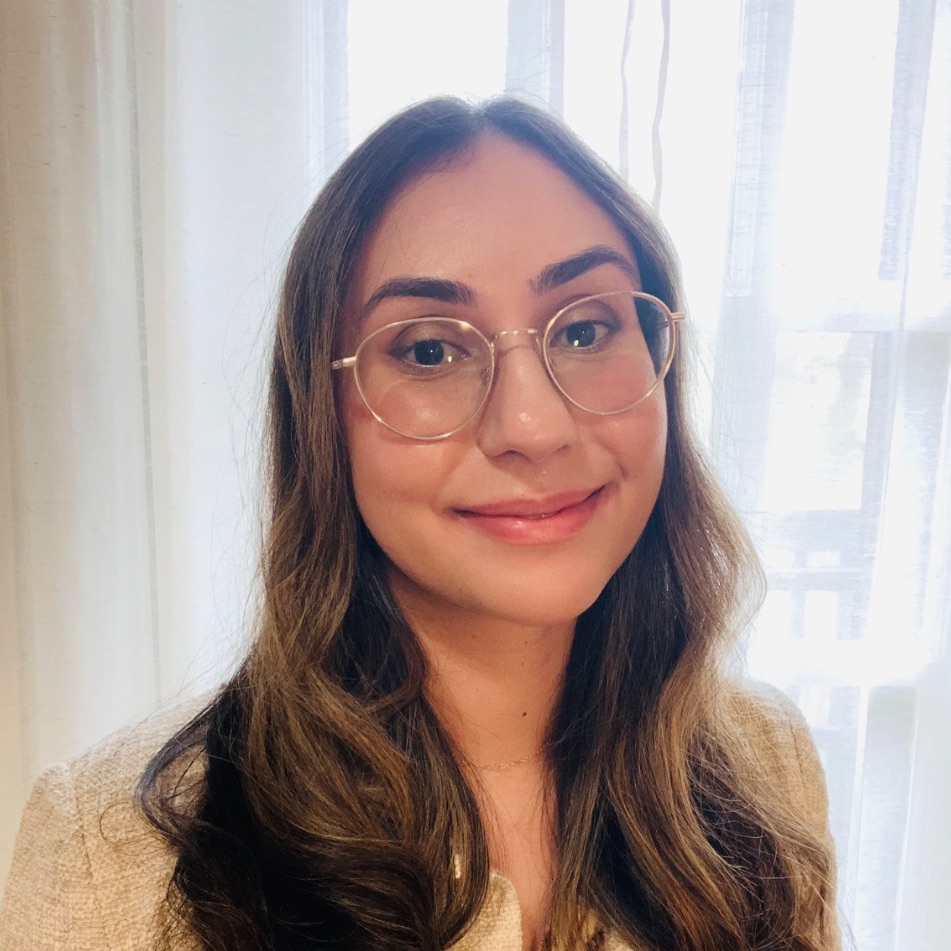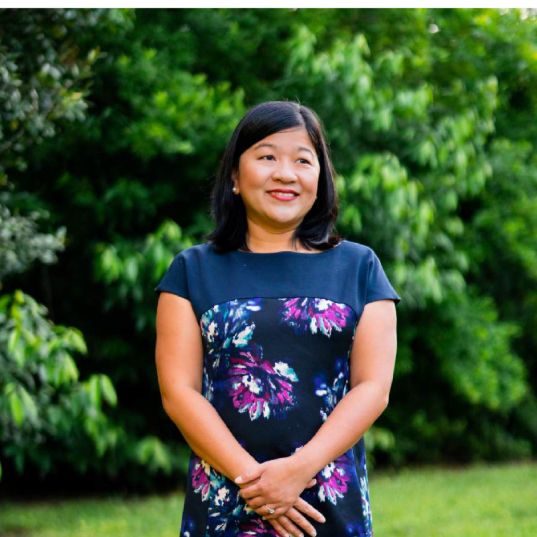What is a psychiatric-mental health nurse practitioner?
A psychiatric nurse practitioner (formally, a Psychiatric-Mental Health Nurse Practitioner, PMHNP-BC) is an advanced practice registered nurse who:
- Holds a graduate degree in psychiatric nursing.
- Is licensed by a state board of nursing as an APRN.
- Has passed the national ANCC PMHNP-BC certification exam.
Unlike a general psychiatric nurse (an RN working on an inpatient unit, for example), a PMHNP can evaluate, diagnose, prescribe medication, and deliver psychotherapy—often serving as the sole mental-health prescriber in community clinics, primary-care offices, or virtual platforms.
Education, certification, and ongoing training
Becoming a Psychiatric-Mental Health Nurse Practitioner (PMHNP) involves several important milestones, each designed to ensure safe and effective care.
First is the graduate degree. PMHNPs must complete either a Master of Science in Nursing (MSN) or a Doctor of Nursing Practice (DNP) with a psychiatric focus. These programs are accredited by organizations like CCNE or ACEN and guarantee in-depth coursework in neurobiology, psychopharmacology, and therapy approaches. In other words, your provider has advanced, specialized training that blends medical knowledge with mental health care.
Next comes the national exam. To be certified, PMHNPs must pass the ANCC PMHNP-BC exam, a 175-question test that confirms their competence in assessment, diagnosis, and management. Passing this exam shows they meet a national standard for quality care.
Then there’s licensing and renewal. Every PMHNP holds a state-issued APRN license, and their ANCC credential must be renewed every five years. Renewal requires 75 continuing education hours, including 25 focused on pharmacology. This ongoing training keeps their practice current with the latest research and treatment guidelines.
Importantly, prescriptive authority is granted to nurse practitioners in all states. In 28 states and Washington, D.C., PMHNPs now have full practice authority (FPA)—which means they can diagnose, treat, and prescribe independently, without physician oversight. In other states, they still work in collaboration with a physician.
For patients, this means PMHNPs are highly trained, nationally certified, and required to stay up to date—so you can trust you’re getting safe, evidence-based care whether you’re working with one in private practice, a clinic, or a hospital setting.
Practice authority & geography: full, reduced, and restricted
- Full practice (FPA) – e.g., WA, CO, AZ, CT, NM: PMHNPs evaluate, diagnose, and prescribe Schedule II–V drugs under the sole authority of the board of nursing.
- Reduced practice – e.g., NY, PA, CA: A collaborative agreement with a physician is required for one or more elements of care (often prescribing).
- Restricted practice – e.g., TX, FL, CA (for controlled substances in certain settings): State law mandates physician supervision for diagnosis or medication management.
Check your state board’s website before booking; the title is the same, but the legal latitude differs.
Prescribing controlled substances & the telehealth landscape
- Federal baseline: Since 2010, all states allow NPs to prescribe Schedule II–V medications once they obtain a federal DEA registration. telehealth.hhs.gov
- Tele-prescribing: Temporary COVID flexibilities letting NPs start controlled medications via video were extended through 2025 while the DEA finalizes a special telemedicine registration. axios.com
- State overlays: A few states (e.g., Missouri) cap Schedule II refills; others (e.g., Alaska) follow federal rules without extra barriers.
If you live in a restricted state but travel to—or physically sit in—an FPA state during a telehealth visit, the NP may treat you under the FPA state’s rules. Always confirm where you must be located for each session.
The APRN Compact: cross-state care on the horizon
Only four states (DE, ND, SD, UT) have enacted the APRN Compact so far; seven are needed for activation. When live, it will let a licensed mental health nurse practitioner hold one multistate license, simplifying regional telehealth.
Until then, your NP must have a separate license (or telehealth waiver) in your state to provide care—critical when searching for an online psychiatric nurse practitioner.
What services can a mental health NP provide?
- Comprehensive evaluation & diagnosis using DSM-5-TR criteria.
- Medication management, from SSRIs to long-acting injectables.
- Brief psychotherapy (e.g., CBT, motivational interviewing).
- Ordering & interpreting labs to monitor side-effects.
- Care coordination with therapists, primary-care providers, and social services.
- Crisis intervention and safety-planning, including 988 referrals.
- Digital therapeutics oversight—prescribing FDA-authorized mental-health apps.
- Group or family sessions where scope allows.
Most PMHNPs see patients every 2–12 weeks for medication follow-up, supplementing—but not replacing—weekly talk therapy from a counselor or psychologist.
Settings: in-person, hybrid, and fully online
When it comes to seeing a psychiatric provider, you have more choices than ever before. Care can happen in person, online, or in a hybrid format that mixes the two—and each setting comes with its own pros, billing considerations, and accessibility.
At a community clinic or federally qualified health center (FQHC), you can usually expect sliding-scale fees based on income and integrated care that includes both primary health and mental health services. Medicaid is almost always accepted here, making it one of the most accessible options for individuals and families.
In a hospital or intensive outpatient program (IOP), visits often combine medication management with group therapy or structured treatment programs. These services are typically billed as part of a larger facility fee, so insurance usually helps cover costs.
A private practice offers more individualized care, often with 30–60 minute visits. Many providers now use a hybrid model, allowing you to choose between in-person sessions and telehealth. Billing depends on the practice—some accept commercial insurance, while others are self-pay only.
Telehealth platforms have expanded rapidly. These services connect you with psychiatric nurse practitioners and other providers through secure video visits. Many operate across all 50 states, though it’s important to check that your provider is licensed in your state and confirm whether the platform can ship medications to your pharmacy or home.
In fact, tele-NPs now deliver more than 25 percent of all outpatient psychiatric visits, according to 2024 Medicare claims data. This shift shows just how mainstream and reliable online care has become for many people.
Paying for psychiatric NP services
- Medicare Part B reimburses NPs at 85 percent of the physician fee schedule when care is billed directly under the NP’s NPI—most PMHNPs accept assignment so you pay only the Part B coinsurance.
- Medicaid covers NP services in all states; reimbursement rates vary widely (e.g., WA pays 100 percent of physician rates; AL pays ~70 percent).
- Commercial plans follow mental-health parity rules, but network directories can be incomplete; always verify the NP’s in-network status by phone.
- Cash fees range $125–$250 for an initial 60-minute evaluation and $75–$150 for 25-minute follow-ups; many NPs offer sliding scales or membership models.
If every in-network provider has a wait list >10 business days, ask the plan for a network-adequacy waiver so you can see an out-of-network psychiatric nurse practitioner at in-network rates.
How PMHNPs differ from other mental-health clinicians
Psychiatric-Mental Health Nurse Practitioners (PMHNPs) share some responsibilities with psychiatrists, psychologists, and counselors—but each provider type brings a unique background, training, and focus.
A psychiatric nurse practitioner begins as a registered nurse and then completes a graduate degree such as an MSN or DNP with a psychiatric focus, which usually takes two to four years. They can prescribe medications (including controlled substances, depending on state rules) and often provide brief, supportive therapy. Appointments generally run 25–60 minutes. PMHNPs are a great fit if you want a balanced approach that combines medication with some therapy, and they often offer faster access than psychiatrists.
A psychiatrist is a medical doctor (MD or DO) who completes four years of medical school plus a four-year psychiatric residency. Psychiatrists can prescribe all classes of psychiatric medications, manage complex medication regimens (polypharmacy), and provide hospital-based care such as electroconvulsive therapy (ECT). Some also offer therapy, but visit lengths are often shorter—around 15–45 minutes—and the focus is usually on medication management.
A psychologist (PhD or PsyD) undergoes five to seven years of doctoral training, including extensive supervised practice. They cannot prescribe medication in most states but specialize in psychological testing and evidence-based therapy. Sessions typically last 45–60 minutes and can focus on intensive psychotherapy, assessment, and long-term treatment.
Licensed professional counselors (LPCs) and licensed clinical social workers (LCSWs) hold a master’s degree, usually taking about two years, plus supervised clinical practice. They don’t prescribe medication, but they do provide therapy—often skills-based and structured to address issues like anxiety, depression, trauma, or relationship stress. Their sessions typically run 45–60 minutes and are ideal for consistent, weekly talk therapy.
In many cases, people find the best results by pairing providers—for example, working with a psychiatric nurse practitioner for medication management while seeing a counselor or psychologist for regular therapy. This team-based model ensures that both the medical and psychological aspects of mental health are fully supported.
How to tell if a Psychiatrist or a Psychiatric nurse practitioner is better for me?
When a PMHNP Is Usually the Right Fit
- Mild-to-moderate conditions: ADHD, generalized anxiety, unipolar depression, insomnia, PTSD without active psychosis.
- Need for quick access: Average wait time is 1–3 weeks vs. 1–3 months for psychiatrists in many regions.
- Ongoing medication follow-up: Stable on one or two meds; need dose adjustments and side-effect monitoring.
- Integrated or primary-care settings: You prefer your prescriber to coordinate closely with primary care, therapy, or school services.
- Budget considerations: Cash visits often run $75-$150; insurance copays tend to be lower.
Quality studies show patient outcomes with NPs and psychiatrists are “comparable for most outpatient diagnoses.
When to Consider a Psychiatrist Instead
For many people, a psychiatric nurse practitioner (PMHNP) is the right fit for medication management. But there are certain situations where a psychiatrist’s additional medical training and hospital privileges may make them the safer choice.
If you’ve tried two or more medications without success, experienced severe side effects, or need a medication like clozapine, a psychiatrist is often the better option. Psychiatrists receive deeper training in complex pharmacology, can manage clozapine through REMS programs, oversee lithium safety protocols, and even order genetic testing when needed.
When there’s a history of severe or recurrent suicidal behavior or self-harm, psychiatrists may be preferable because they typically have easier access to hospital admission and can lead inpatient treatment teams.
For serious conditions such as Bipolar I with psychosis, schizophrenia, or schizoaffective disorder, psychiatrists are experienced with antipsychotic polypharmacy, long-acting injectables (LAIs), metabolic monitoring, and capacity evaluations.
If you need a procedure-based treatment like electroconvulsive therapy (ECT), transcranial magnetic stimulation (TMS), esketamine, or ketamine infusion, only physicians are permitted to administer or supervise these in every state.
Those with multiple medical comorbidities—for example, managing psychiatric medications alongside uncontrolled diabetes or heart disease—often benefit from a psychiatrist’s MD/DO background, which equips them to handle complex medical interactions.
Finally, in court-ordered or forensic cases, many jurisdictions require a physician to sign off on evaluations such as fitness-to-stand-trial or involuntary commitment decisions.
Bottom line: For most routine medication needs, a PMHNP provides fast, high-quality, and cost-effective care. But when complex pharmacology, severe symptoms, or hospital-level interventions are involved, a psychiatrist is usually the safer choice. In many cases, the best approach is collaborative—working with a psychiatrist, a PMHNP, and a therapist together. The most important step is starting care, whether with a nurse practitioner or psychiatrist, knowing you can always adjust your team as your needs evolve.
Geographic Nuance
- Rural FPA states (e.g., ID, NM) often have county-funded PMHNP clinics with same-week availability.
- Restricted practice states (e.g., TX, CA) may list the physician collaborator as the billing provider—don’t be surprised if the NP conducts the visit.
- Frontier telehealth rules: Alaska allows out-of-state PMHNPs to treat residents for up to 30 days per year under a courtesy license, helpful for travel nurses.
- Compact momentum: If you live near a state line (e.g., DE ↔ MD), watch APRN-Compact legislation—once enacted, cross-border NPs can follow you as you move.













